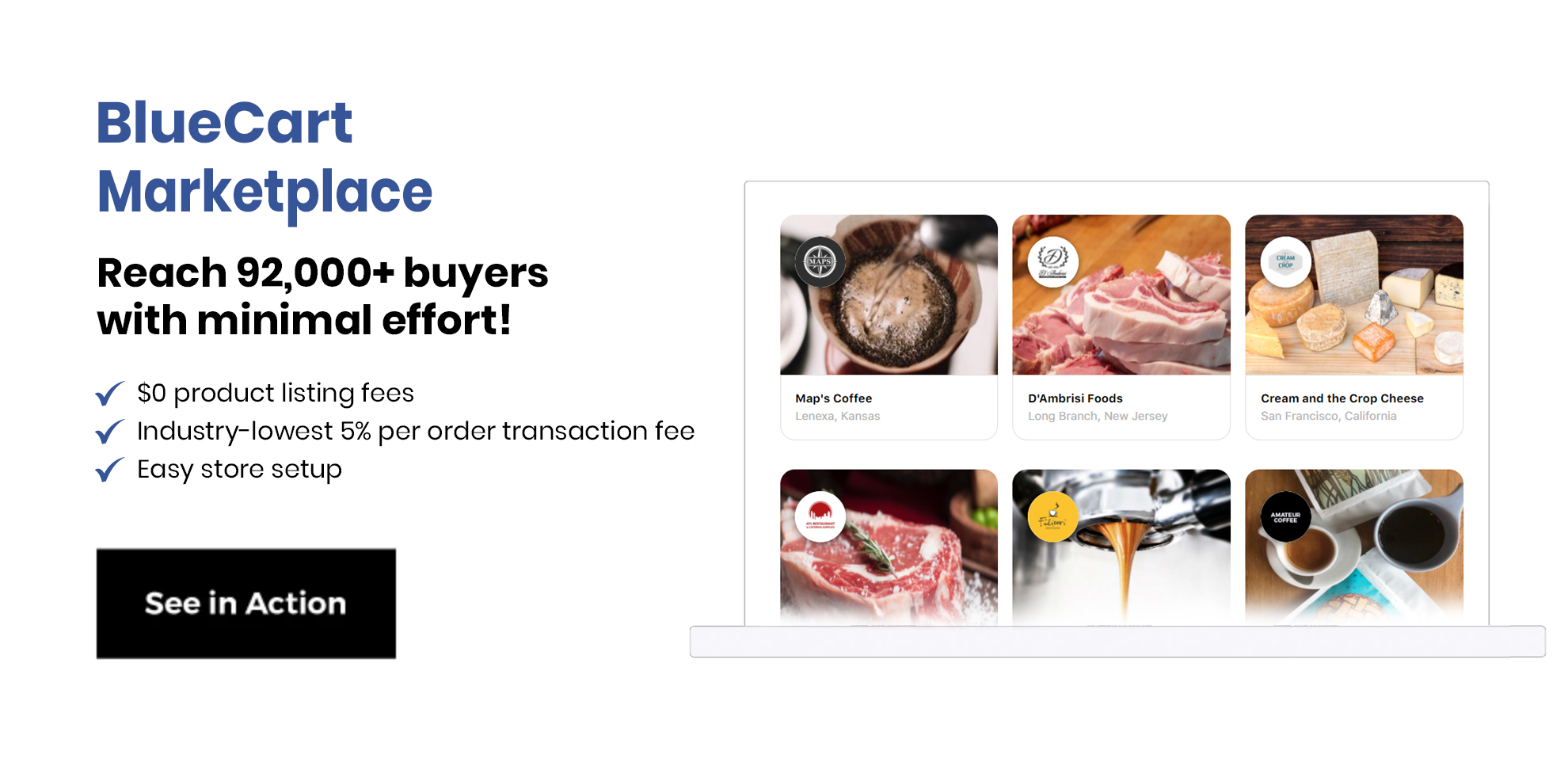Privacy policies inform people about personal data collection. Companies use them to communicate with their consumers. Many websites and apps will use cookies and other tracking technology to collect data from their niche market. The technology that is used helps make websites work properly, collect visitor statistics, behavior information, and more. This information can be collected without any notice to the users, but most of the time a privacy policy is necessary and that's when the privacy policy definition will come in handy.
There are privacy laws all around the world, and they can differ from country to country. The differences can include the type of data that companies collect, the purpose for it, how it's shared, and more. A privacy notice can ensure that your company complies with the laws and regulations in place. These can include the GDPR, CCPA, and others.
You’re probably wondering how you can create a privacy statement for your website. The good news is that we can help. This guide can help you create a privacy policy. Let’s start by going over the basics.

Do I Need A Privacy Policy On My Website?
Yes, most websites need to have a privacy notice. If your website collects personal information from consumers, the law requires you to have a privacy notice. The notice should explain your data-handling practices in a thorough and clear manner.
However, not all websites need one. The document explains how websites collect, use, and share personal data. Therefore, if your website doesn’t do this, you don’t always need to have one.
Personal data or Personally Identifiable Information (PII) can include the following:
- Names
- Physical addresses
- Email addresses
- Social Security numbers
- Birthdays
Website Privacy Policy
A website privacy policy is a document that companies can create. It informs their visitors about the kind of information they collect and what they do with it. For your own website, you can reference a privacy policy example and create your own.
What Does Personal Data Mean?
Websites and apps typically collect statistical, functional, and/or marketing data through cookies and other technology. There are privacy laws in place that refer to this as personal data collection. This kind of data can be used to identify a person which is why it’s legally protected. Personal data can include the following:
- Names
- Email addresses
- Credit card information
- IP addresses
- Account usernames
- Browsing history
- Phone numbers
There is some personal data that is considered to be sensitive. This can include health information, sexual orientation, religious affiliation, racial background, and more.
Free Privacy Policy
It’s common for companies to seek out ways to create a free privacy notice. The privacy statement you create should use readable language. Since the policy is part of your website, you should design and publish it to be like it. It should be designed to be read by your consumers.
Keep it short, intuitive, and friendly. The privacy notice should also be in an easily accessible location on your website. Keep reading to see how to create a free privacy statement for your website.
Generate Your Policy
You can find an online privacy policy generator online. Start by answering some simple questions regarding your business. Your company’s policy will be ready to add to your website in less than 15 minutes. You can also use a privacy policy template.
Download Your Policy
After you generate your privacy statement, make sure to download it. Save a copy of this statement so that you can go back and edit it as needed.
Update or Edit Your Policy
Over time, you may need to update or edit your policy. Be sure that your statement keeps up with your company’s processes and more.

What To Include
Even though each privacy notice is different, most of them should include the following:
- A Recent Date
Privacy policies that are from before 2018 can be concerning. It shows that the company doesn’t care about privacy. These policies are typically not up to date. People might question the integrity of the company in such cases.
- Contact Information
It’s important for people to have the option to get in contact with your company if needed. Whether it’s a question regarding their own private information or the collection process as a whole, they should be able to get the answers.
- How Company’s Collect and Process Data
The point of a privacy notice is to provide information. Inform your consumers why and how you’re collecting and processing their data. Break it down by the type of data you collect and the audience you’re targeting. Then, explain the purpose of it all.
- Security of the Data
You should inform consumers about the way you secure and treat the personal data that you collect. After all, it is their private information.
- Acknowledgment of Rights
Consumers will want to see that you abide by the rights and regulations of personal data collection. They should be aware of the fact that they too have rights even though you have their information.

Standard Privacy Policy For Website
In most cases, there isn’t a standard privacy policy. Companies customize privacy statements based on their practices.
Your business might be new, or it can be well-established. No matter what, you should have a detailed privacy statement in place. It should address your company’s unique business structure, shopping carts, contact tools, and more.
It can be very costly for you to fail to adequately communicate your company’s policies to your consumers. This is where adding a standard privacy notice can be a bad idea. Instead, invest the time and resources to create your own policy that is unique. This way, you can protect your business and limit the number of legal obligations.

Customize Your Policy
Determine the information you collect and might consider collecting in the future. This can be from website visitors, employees, customers, and more.
Companies can collect personal information in numerous ways. You can collect it directly by asking for it, such as names, phone numbers, and more. Others use cookies, web crawlers, and technical eCommerce tools to do the collection for them. The information can expose the identity of your consumers and that’s where the policy comes in handy. It informs consumers of this action so that they’re aware.
Privacy policies should address personally and non-personally detectable information. This is what can fully limit a company’s obligation based on how they use it to conduct business.
It’s important to take the time to assess the types of information you collect through your websites and apps. That way, you can create a privacy notice that is bulletproof and covers all the bases.
Keep It Unique
Your company and brand are unique. That means that your eCommerce privacy notice should also be unique. Chances are that your business offers solutions that others don’t. Since you’re not like the other businesses, your privacy policies shouldn’t be either.
Customers willingly give you their private information so that they can do business with you. This means that they require you to express all legal protections in a thorough manner. A custom and unique privacy notice can attract, engage, and retain your customers.
Each company has a legal obligation to inform its consumers of how they collect, store, and use their personal information. It’s your job to limit your company’s obligation on how you manage and use the information. Tailor your privacy policy to express your business processes.

Frequently Asked Questions About Free Privacy Policies
How Can I Create a Free Privacy Policy?
You can create a free privacy policy using an online privacy policy generator. Some free privacy policy generators include:
- Get Terms. The ideal choice for ease of use.
- Shopify. Great for eCommerce websites.
- Termsfeed. Best overall for privacy policies.
- Lubenda. Ideal for third-party services.
- PrivacyPolicies. Great for customization.
Can I Copy Someone Else’s Privacy Policy?
No, it is illegal in the United States to copy someone else’s privacy policy. US copyright laws state that terms and conditions are protected by copyright. Copying someone else’s privacy policy should be avoided at all costs.
Do You Need To Have a Privacy Policy on Your Website?
Yes, you need to have a privacy policy on your website if you collect personal information and data from users. This policy should thoroughly explain the kind of data you collect, how it is used, stored, and secured.